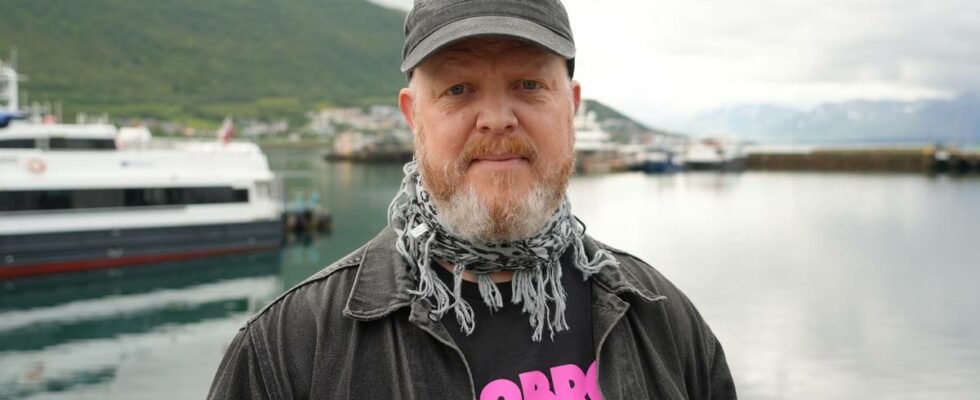Summary • There has been a significant increase in fish smuggling among tourists over the past six years, with an increase of 75 percent since 2018.• So far this year, 5,900 kilos of fish fillets have been seized in Troms and Finnmark.• It is legal for tourist fishermen to bring 18 kilos of fish out of the country if it has been fished at an approved facility, but it is difficult to get an overview of how much fish they actually catch.• Fisherman John Einar Engen and commentator hobby fisherman Egon Holstad want stricter rules.• Holstad points out the paradox in that the cod quotas are cut while the tourist fishermen are allowed to bring home large quantities of fish.• The police take fish smuggling seriously, and describe it as both environmental crime and economic crime. The summary is made by an AI service from OpenAi. The content is quality assured by news’s journalists before publication. – We come here to enjoy fishing, says British Ray Jennings. He is in Tromsø for the fourteenth time, and is on his way home to England after another fishing holiday in the north. The group of friends only brings home a couple of fillets, and hauls back most of the fish they catch. The trip was first by plane from London to Tromsø, and then a four-hour drive to Skjervøy. Photo: Pål Hansen / news – We do not want to destroy the beauty that is here. We constantly see fishermen who are here for more than sport, he says. So does the Norwegian Customs Service, which has reported a record number of fishing tourists for smuggling this year. Increase of 75 percent. At the airport in Tromsø, some German tourists are stopped at customs. A fine of NOK 10,000 and a visit to the police station awaits the tourists, who do not want to talk to news. They are part of the statistics from the Troms police district which show an increase in illegal smuggling by fishing tourists of as much as 75 per cent since 2018. Here the customs officer goes through the fishing tourists’ catch. So far this year, 5,900 kilograms of fish fillets have been seized in Troms and Finnmark. This is what Tom Olsen, area manager for the Customs Agency in Northern Norway, tells us. He believes that what is caught in random checks is only the tip of the iceberg. – We can only speculate as to how large the amounts are actually in question, he says. Area manager for the Customs Agency in Northern Norway, Tom Olsen. Photo: Pål Hansen / news Troms police district takes smuggling seriously. In a press release, they write that it is both an environmental crime and an economic crime: It makes it difficult to have a good overview of resource extraction from the sea, and it has a negative impact on those who run professional tourist fishing industries, the police write. It is legal for tourist fishermen to take 18 kilos out of the country with them if it was fished at an approved facility. But it is difficult to get an overview of how much fish they actually catch. Fisherman reacts On Sommarøy, fisherman John Einar Engen reacts to the fact that there are no stricter rules for fishing tourists. – People are still being taken away at the border, but there are no restrictions there. That industry must continue. Fisherman John Einar Engen wants stricter rules for tourist fishing. Photo: Aslaug Elisabeth Høgsæt Aarsæther / news He is critical of the fact that the fishermen get ever smaller cod quotas, while it is not tightened for tourists. Because the coastal cod is red-listed, the fishermen get smaller quotas, but this does not affect the anglers. – The madness must end, says commentator and hobby fisherman Egon Holstad. He wants a total ban on taking fish out of the country. – People are welcome to come here. They are welcome to go out to sea with us. They are welcome to fish. But they can either eat the fish where they are, or they can leave it alone, says Holstad. He thinks it is a paradox that cod quotas are cut while fishing tourists are allowed to take home large quantities of fish. – The coastal fishermen are a significant reason why people live up here. The resources we have are completely unique, and we cannot give them out on the cheap. Published 11.07.2024, at 07.34 Updated 11.07.2024, at 10.04
ttn-69
A record number of fishing tourists are smuggling fish out of the country. – The madness must end, says Egon Holstad – news Troms and Finnmark

